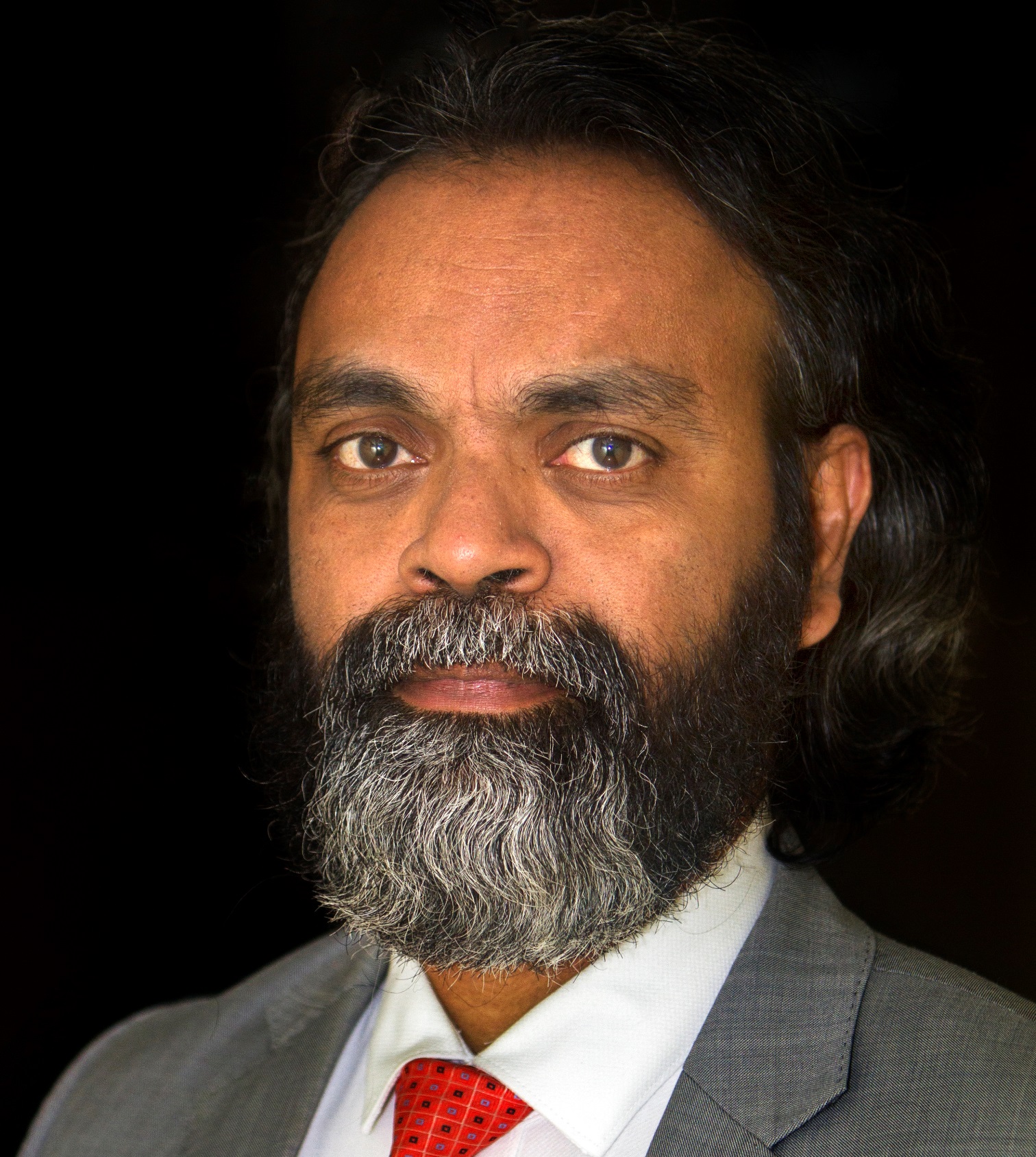Sudhakar Yedla
 |
|
|||
Prof. Dr. Sudhakar YEDLA, is a Professor at IGIDR and a Former Vice-Chancellor of Dravidian University, Kuppam, Andhra Pradesh, India. Joined IGIDR in 1999, Prof. Yedla is a Civil Engineer with Masters and PhD (Environmental Engineering) from IIT Kharagpur. He is also trained in Environmental Economics and Development Policy from World Bank Institute, USA and International Environmental Law from UN Institute in Switzerland. Prof Yedla has served international institutions/universities such as Institute for Global Environmental Strategies (IGES), Japan as a Policy Researcher; New Jersey Institute of Technology (NJIT), Newark, USA as a Visiting Scholar; University of Ulsan, South Korea as Professor; Asian Institute of Technology (AIT), Thailand as Visiting Associate Professor and Professor. He was chosen twice to evaluate Country Programme Action Plan (CPAP) of UNDP India for 2012-17 programme cycle. He has been serving as international consultant (SDG, GEF and Sustainable Cities) to a number of international and development agencies such as UNDP, Egypt, UNESCAP, UNEP, UNEP-RRC, ADB, World Bank, Sida etc. Prof Yedla has been advising Department of Urban Development and Environment and Forest on SDGs, and Sustainable Cities and was appointed as Advisor (Head), Central Public Health and Environmental Engineering Organization, Government of India. For the past 20 years he has also been serving a number of academic institutions as board member and some important academic bodies such as Academic Senate of NIT Warangal, Executive Council of IGIDR, Academic Council of IGIDR and NIT Warangal. He published extensively in international journals and books and invited by peers in India and abroad on more than 125 occasions and participated in another 120 national and international conferences. He has guided 20 graduate students and been serving Editorial boards of a number of International Journals. Prof Yedla has served as Court Member (MHRD Nominee) for the Central University of Jharkhand, Ranchi. As a Vice-Chancellor of a State University of Government of Andhra Pradesh he is popularly known for his strict, dynamic and reformative administration with a great vision for the University and he is admired by all sections of the University including students. He works in the area of Environmental Economics; Valuation of Environment and Pollution; Urban Environmental Policy; Climate Change Mitigation; Sustainable Mobility; Urban Waste Management; Sustainable Development Goals (SDGs); Sustainable Cities and Development of Eco-Industrial Parks.
- Abatement of Pesticide Pollution – Removal of Organo-chlorine Pesticide from Water Environment, Sudhakar Yedla and Anil K. Dikshit, Narosa Publishers, India (2004)
- Environmental Implications of Urban Transportation in Asian Cities - Special Issues of International Journal of Environment and Pollution, Vol. 30, No.1 (2007) Inderscience Publishers, Switzerland – Edited Volume with Dr. Shobhakar Dhakal
Chapter in Books:
- Hiroaki Shirkawa and Sudhakar Yedla, “Economic Development, Urbanization and Environment in Asia” Chapter 1 in “Urban Environmental Challenges in Asia”, Institute for Global Environmental Strategies, Japan (2005)
- Sudhakar Yedla, “Climate Change Mitigation Initiatives in Urban Transportation – Strategies to Promote Non-Motorized Modes of Transportation”, Evaluating Climate Change and Development, Published by Global Environment Facility (GEF) Evaluation Office, The World Bank, Washington, D.C. (2010)
Journal Publications:
- Sudhakar Yedla, and Ram M. Shrestha, “Application of Analytic Hierarchy Process to the Prioritization of Transport Options – Comparative Analysis of Group Aggregation Methods” International Journal of Environmental Policy and Decision making, Inderscience Publishers, (in press)
- Sudhakar Yedla, “Decision Making in Environmental Management - Prioritization of Strategies for the Replication of Dhaka’s Community-based Decentralized Composting Model using AHP”, Waste Management Research, Top ranked International Journal published by International Society for Solid Waste Management (ISWA), USA (in press), first published on August 10, 2010 as doi:10,1177/0734242x10380116
- Sudhakar Yedla and Park, Hung-Suck, “Co-benefits as an approach to align climate change concerns with the national development objectives: Solid waste management”, Journal of Material Cycles and Waste Management (JMCWM), Vol. 11, No.2, 2009 (Elsevier)
- Issues and Strategies Required for EIP Implementation in Ulsan, South Korea - Identified Based on Multi-actor Group Questionnaire Survey (2009) A report submitted to BRAINPOOL Programme, Government of Korea - Prepared by Sudhakar Yedla and Hung-Suck Park, at the Ulsan EIP Center, University of Ulsan.
- Scoping Paper for the Establishment of a UNESCAP Eco-City Development Award (2008), A report submitted to ESD Division of UN-ESCAP, Bangkok – Lead Author: Sudhakar Yedla
- Sudhakar Yedla, Climate Change Negotiations beyond Kyoto - Developing Countries’ Perspective, United Nations Institute for Training and Research (UNITAR), Switzerland - 2006
- Sudhakar Yedla, Ram M. Shrestha and Gabrial Anandrajah, “Environmentally Sustainable Urban Transportation – Comparative Analysis of Local Emission Mitigation Strategies vis-à-vis GHG Mitigation Strategies”, Transport Policy, Elsevier, Vol. 12, No. 3, pp: 245-254 (2005)
- Sudhakar, Yedla, “Development of Techno-Economic Integrated Models: LFSGR and Aerobic Composting for Municipal Waste Management”, Environment and Development Economics, Vol. 8, No. 4, pp. 655-677 (2003)
- Sudhakar Yedla, and Sarika Kansal, “Economic Insight to MSW Management in Mumbai”, International Journal of Environment and Pollution, Vol. 19, No. 5, pp: 516-527 (2003)
- Sudhakar Yedla, Jyoti K. Parikh, "Development of Purpose Built Landfill System for the Control of Methane Emissions from Municipal Solid Waste", Waste Management, Elsevier Publishers, Vol. 22, No. 5, pp: 501-506 (2002)
- Strategies for the promotion of non-motorized transport and cleaner and alternative fuels in Indian Cities.
- Climate change and transportation – strategies and measures to achieve energy efficiency and control GHG emissions.
- Adaptation strategies for urban areas for the future climate change regimes.
- Available on request
